[Op-Ed] Mass Shootings: A Grim Reflection on America’s Cultural Shift
MORE IN THIS SECTION
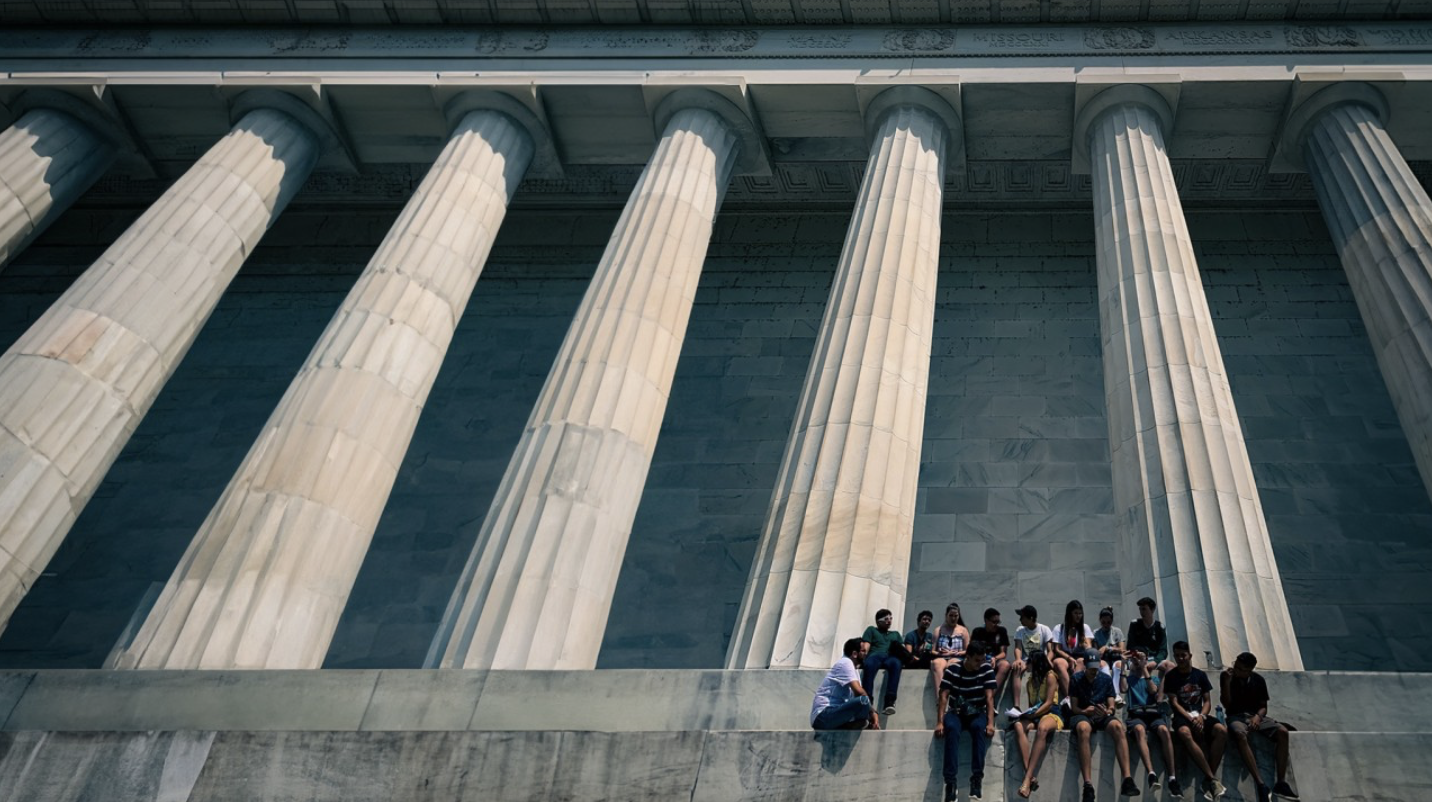
A moment of reflection about yet another mass shooting in the United States of America during the 2019 Futuro Las Américas summit in Washington DC.
Yet another school shooting. Last week, it was Apalachee High School in Georgia. The tragic pattern continues, and it took me back to when I first learned what a school shooting was as a freshman at Georgetown University on April 20, 1999—Columbine. Thirteen lives—12 students and 1 teacher—were senselessly cut down in what should have been a sanctuary of learning. I vividly remember walking into my dormitory lounge, where a crowd of stunned students gathered around the television, disbelief hanging in the air like smoke. We all wondered the same thing: how could this happen in a school—a place of growth, discovery, and community?
Fast forward 20 years, and I found myself at Georgetown once again, this time leading the inaugural cohort of BeNext Global’s Futuro Las Américas summit. The setting was the same—Washington, D.C., the heart of American democracy. Yet, my mind was elsewhere, in my hometown of El Paso, Texas, where a mass shooter, motivated by hatred, had just killed 23 people at a Walmart. As our program drew to a close, students from across the America's asked me, incredulously, how such violence could occur in the United States, a country they had long viewed as a beacon of stability.
The juxtaposition was stark. Here we were, discussing democracy, freedom, and the power of community, while my own community was under siege. El Paso, a city known for its warmth, its resilience, was now the latest victim in a series of tragedies that have become all too familiar. And the horror was not confined to that day. Since Columbine, according to the Washington Post's gun violence database there have been over 400 school shootings in the U.S., affecting more than 370,000 students. The numbers speak to a deeper sickness, one that thoughts and prayers alone cannot heal.
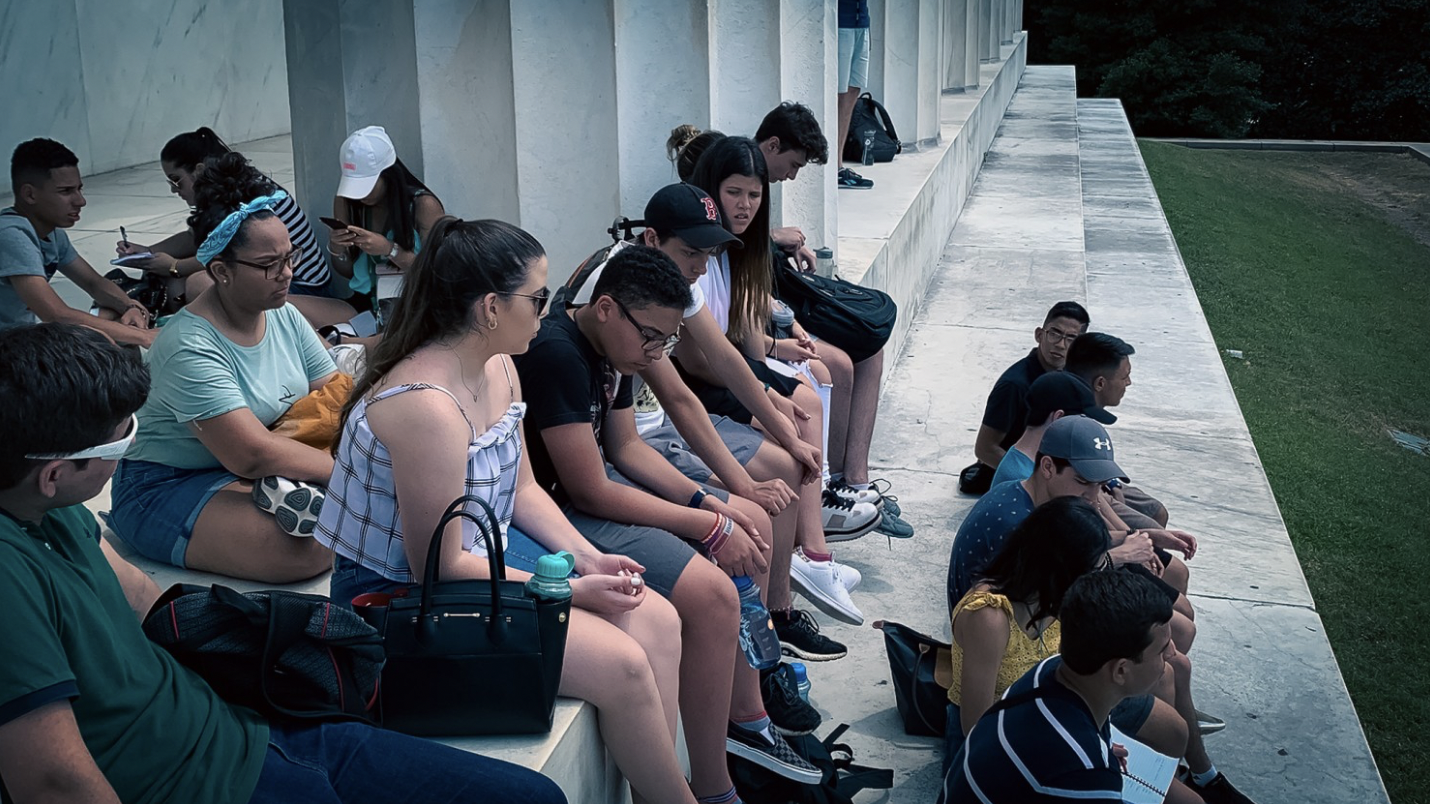
They wondered the very same thing I had wondered 20 years earlier as a freshman at Georgetown University in 1999: how could this happen in the United States of America? But now it was 2019, and the questions remained the same.
As I reflect on these moments from my home in Mexico City, I’m struck by an irony that’s difficult to ignore. For years, American media has painted Mexico as a land of violence and instability, yet in the years I’ve lived here, I have never once feared for the safety of my loved ones in the way I did in El Paso. Mass shootings in schools are nearly unthinkable here. In fact, the very idea seems absurd.
Mexico, like any country, has its challenges, but community remains its foundation. Family, friendship, and mutual respect are woven into the fabric of daily life. Here, you belong to something larger than yourself. In contrast, America has increasingly placed individualism on a pedestal, a shift I’ve observed firsthand. This obsession with personal freedom—this idea that one’s rights can come at the expense of others’ safety—has seeped into every corner of American life. And nowhere is it more evident than in the epidemic of gun violence that continues to plague our schools, our malls, even our places of worship.
The cultural shift has been subtle yet pervasive. We have normalized violence in places where we once sought refuge. It is not enough to debate gun control—though that is certainly a crucial piece of the puzzle. The root issue is far deeper. It lies in how we’ve come to value the individual over the collective, how we’ve allowed a perverse form of individualism to blind us to the very real costs of inaction.
As someone born in El Paso to a family that crossed the border seeking the American dream, I have always embraced my identity as both a U.S. citizen and a proud member of the Mexican community. Today, I raise my son in Mexico City, a place that, despite its portrayal in the media, has felt far safer than many parts of the United States. And yet, I cannot help but wonder about the world he will inherit. Will he attend a school where active shooter drills are routine? Will he come to see violence as inevitable?
I refuse to accept that future. We must fight for a cultural shift that places the well-being of the community above the unchecked individualism that has brought us to this moment. El Paso, my hometown, is a community that understands this. Though diverse, it is overwhelmingly Hispanic, and its people hold tightly to values of family, hard work, and civic duty. These values made the 2019 shooting all the more devastating—a direct attack not just on individuals but on the very fabric of what makes El Paso strong.
This is not just about laws or policies; it’s about reimagining the culture we live in. It’s about teaching our children that they are part of something greater than themselves, that their freedoms are inextricably tied to the safety and well-being of others. In Mexico, I’ve seen how a sense of belonging can protect against the kind of alienation that leads to violence. America must rediscover that sense of collective responsibility if it hopes to heal.
RELATED CONTENT
The tragedies of Columbine, El Paso, Apalachee and the countless others that have followed have taught us one thing: we cannot wait any longer. If we truly wish to build a safer, more just future for our children, we must confront the uncomfortable truths about who we are and what we value.
This is a call for action, not just in the halls of Congress but in the hearts of every American. We must remember that we are all part of a larger story, and the future of our nation depends on the choices we make today. Let’s not wait for the next tragedy to act. The future of our schools, our communities, and our shared humanity depends on it.
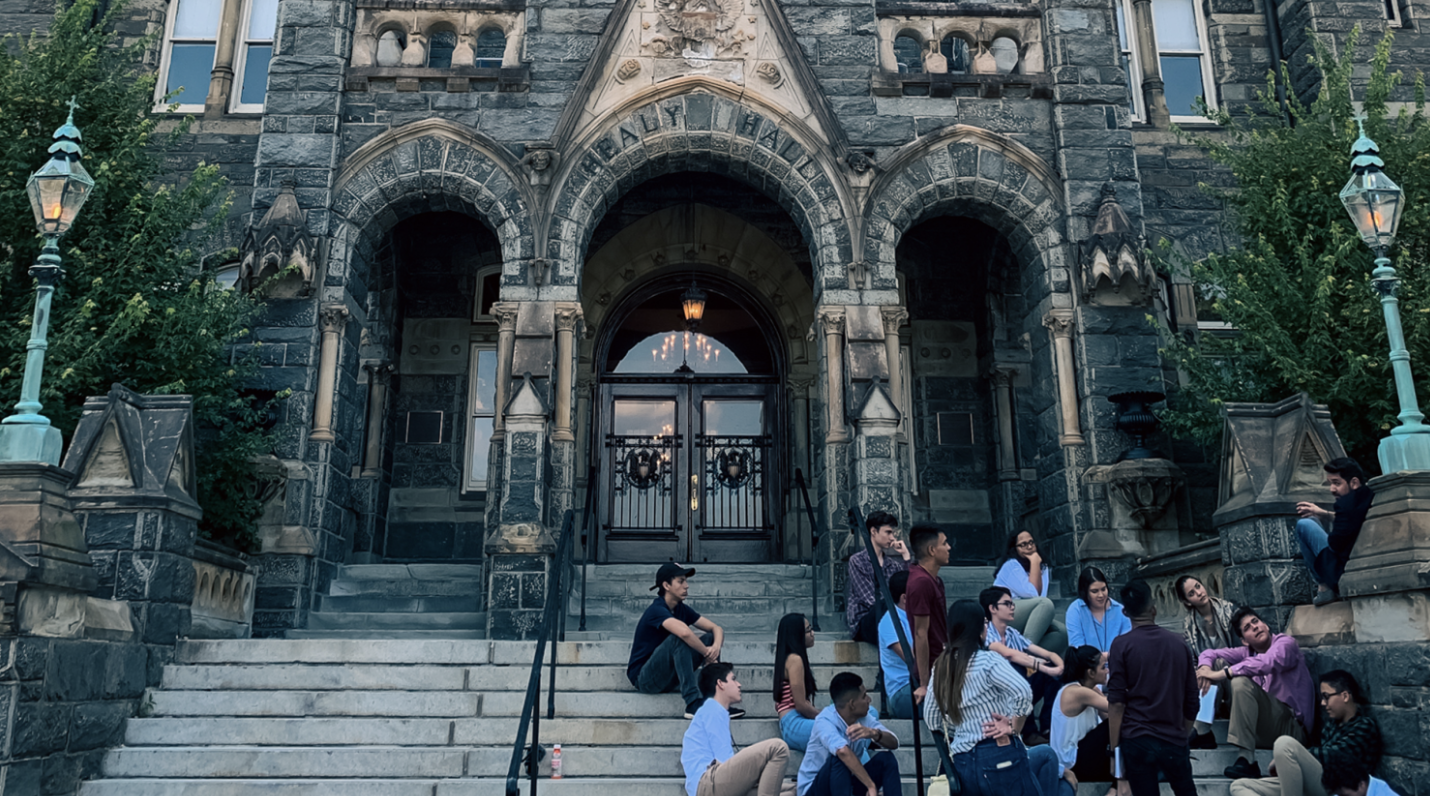
As we sat on the steps of Georgetown, the weight of our conversation echoed this truth: change begins not just in policy but in the hearts of those willing to act.
About BeNeXT Global and Futuro Las Américas:
BeNeXT Global is dedicated to empowering the next generation of leaders across the Americas by fostering collaboration, innovation, and social impact. Futuro Las Américas, our flagship initiative, brings together visionaries from across the region to develop projects that create meaningful change in their communities and beyond.
About author:
Hector H. Lopez is a global executive leader and social entrepreneur with over 28.1 million dollars in impactful initiatives across Latin America. With expertise in international affairs, social impact, media, and global education, Hector is committed to inspiring change, unleashing potential, and empowering communities throughout the Americas. As the founder of BeNeXT Global, Hector’s work centers on creating transformative projects that leave a lasting legacy.



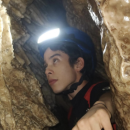
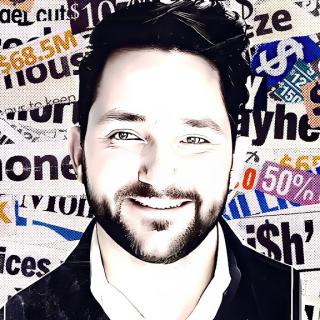
LEAVE A COMMENT: